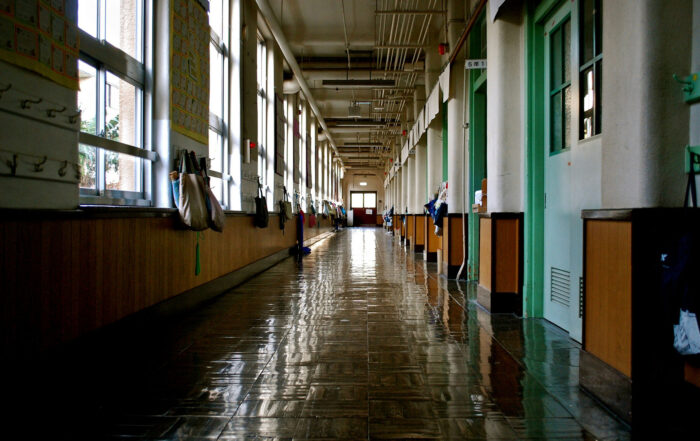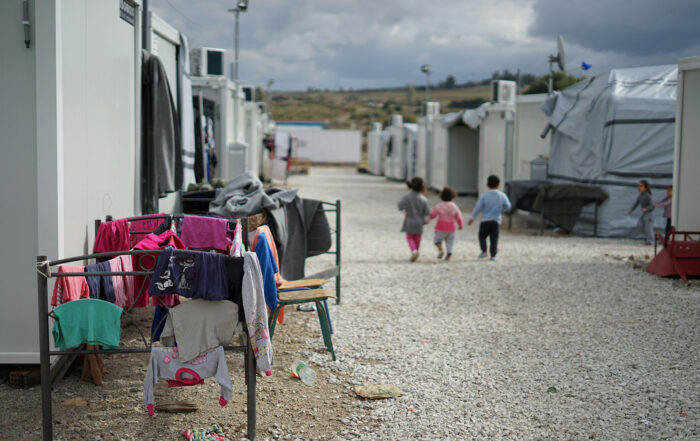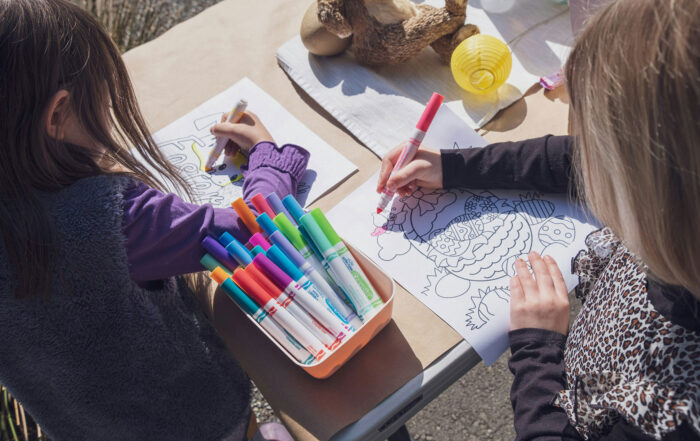
By Julie B. Kaplow and Mark W. Kline
No infectious disease since HIV/AIDS in the 1980s has captured the world’s attention in the way COVID-19 has. The HIV/AIDS pandemic is still with us nearly 40 years later. Effective treatment has made HIV/AIDS a manageable medical condition rather than the almost certain death sentence it was in the beginning, but a vaccine still eludes us. More than 32 million people have died of HIV/AIDS since the beginning of the pandemic, including about 700,000 Americans. Children were almost an afterthought in the early days of HIV/AIDS. Many children died, and even more suffered emotionally in response to the deaths of caregivers and relatives.
So far, it appears that children are being spared the brunt of the COVID-19 pandemic from a physical health perspective, but there is no doubt that there will be lifelong mental health consequences. Proactive measures implemented now, including raising awareness regarding children’s trauma and grief-related responses to the pandemic, can mitigate these potentially debilitating outcomes.
Research tells us that youth who have experienced prior traumas and losses — nearly half of U.S. children — are at significantly higher risk of developing mental health problems in the face of current adversity.
Share This Post!
Parent Guidelines for Helping Youth after the Recent Shooting
By The National Child Traumatic Stress Network The recent shooting has been an extremely frightening experience, and the days, weeks, and months following can be very stressful. Your children and family [...]
Two Professors Found What Creates a Mass Shooter. Will Politicians Pay Attention?
By Melanie Warner Each time a high-profile mass shooting happens in America, a grieving and incredulous nation scrambles for answers. Who was this criminal and how could he (usually) have committed [...]
13 Million Children Face Hunger Every Day – and the Problem is Worse During the Summer
By Move For Hunger There are 13 million children in America who don’t know where their next meal will come from. Throughout the school year, many participate in programs that provide [...]
Sexual Abuse of Children at Camp is an Epidemic:
By Mick S. Grewal Sexual abuse by camp counselors is a national epidemic, according to various organizations, including Crime Stoppers. Every year, nearly 10 million children attend summer camp. In 2018, CBS [...]
Trends in U.S. Emergency Department Visits Related to Suspected or Confirmed Child Abuse and Neglect Among Children and Adolescents Aged <18 Years Before and During the COVID-19 Pandemic — United States, January 2019–September 2020
By The C.D.C. Heightened stress, school closures, loss of income, and social isolation resulting from the coronavirus disease 2019 (COVID-19) pandemic have increased the risk for child abuse and neglect (1). [...]
Behind the Term: Trauma
By U.C. Berkeley The term “trauma” can mean different things, depending on the context. Semantically, trauma refers to an experience or event; nevertheless, people use the term interchangeably to refer to either [...]







